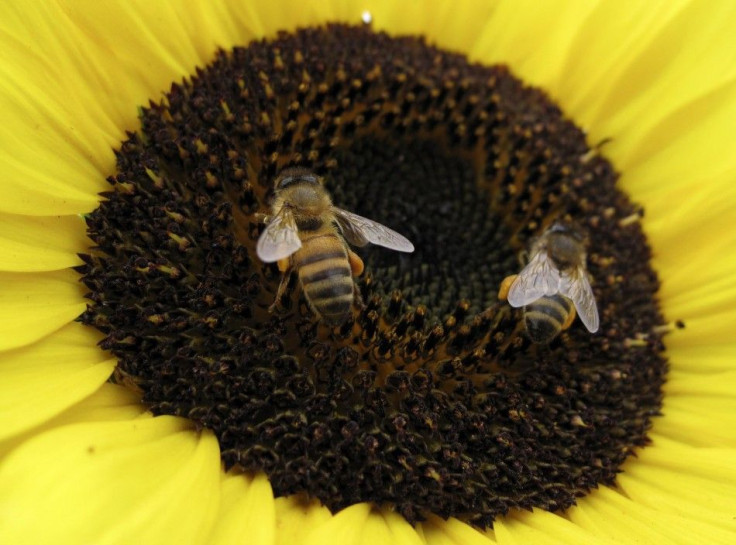Mystery Of Bee Colony Collapse May Have Been Solved

Bee hives full of healthy honey bees had suddenly become empty. Apiarists, otherwise known as beekeepers or honey farmers, are confused and worried because of the mystery behind the collapse of the bee colony. A group of scientists from Australia looked into the causes and the study was published in the Proceedings of the National Academy of Sciences, an official scientific journal by the National Academy of Sciences.
According to the Sydney Morning Herald, the apiarists thought that a new disease had taken over the colonies. It was later found that the bees were stressed because of the poor food quality, pests and pesticides, but these were not enough to prove or explain the reason behind the collapse of the colonies.
The team from Macquarie University has found multiple reasons for the breakdown of the bee colony. The leader of the research and associate professor of the Department of Biology at Macquarie University, Dr Andrew Barron, said that the collapse of the colony took place rapidly. He said that one colony went from having lots of bees to no bees at all in a matter of a few weeks.
According to the explanation by Barron, there was no obvious pathogen and that there were no corpses in the hive. He said that when a colony failed this way, one was not seeing the death of the individuals, but the collapse of the society as a whole.
Barron's team looked into the impact of chronic stress on the bees belonging to the sophisticated hierarchical communities rather than just looking into the effect stress had on individual bees. His team placed tiny radio trackers on forager bees, which were young, and they found that they died early.
He explained that bees who foraged when they were adults for a span of less than two weeks was not a good thing. He said that they would take longer and would complete just a few trips.
With the information they found, the team created a model. It was found that the premature deaths resulted in a vicious cycle which affected the subsequent generation of foragers, ultimately leading to the collapse of the colony. Barron said that their model suggested that there was a tipping point for bees when it came to stress and this was seen in the rapid transition into societal failure.
To report problems or to leave feedback about this article, e-mail: afza.kandrikar@gmail.com.





















